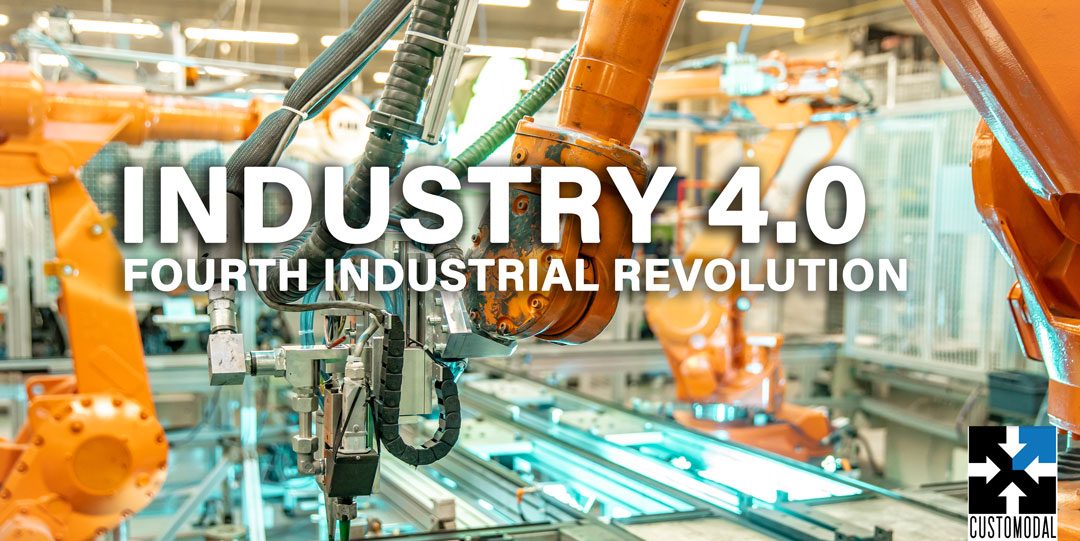What is Industry 4.0?
Industry 4.0 Explained
Industry 4.0, otherwise known as the Fourth Industrial Revolution, is the continual automation of traditional manufacturing and industrial practices using modern smart technology. Smart factories, 3D printing, and smart sensors are just a few examples.
To exist, Industry 4.0 involves machine-to-machine communication (M2M) and the internet of things (IoT) combining. What results is better self-monitoring, increased automation, improved communication, and smart machine production that can diagnose and analyze issues without human intervention.
The Fourth Industrial Revolution originated in 2011 and the term was coined in 2016. Naturally, there are three traditionally accepted revolutions that took place prior to this one.
- The First Industrial Revolution involved a transition from hand production methods to machines through the use of steam power and water power.
- The Second Industrial Revolution (Technological Revolution) is the period between 1871 and 1914 that emerged from extensive railroad and telegraph network installations, which allowed for faster transfer of people and ideas, as well as electricity.
- The Third Industrial Revolution (Digital Revolution) occurred in the late 20th century. After the two World Wars, industrialization and technological advancement slowed compared to previous periods.
The term “Industrie 4.0”, shortened to I4.0 or simply I4, originated in 2011 from a project in the high-tech strategy of the German government, which promotes the computerization of manufacturing, according to Wikipedia.
There are four design principles identified as integral to Industry 4.0, which include interconnection, information transparency, technical assistance, and decentralized decisions. It includes the trend towards automation and data exchange in manufacturing technologies and processes.
Contact Customodal to learn more about Industry 4.0 and what this means for your business.


